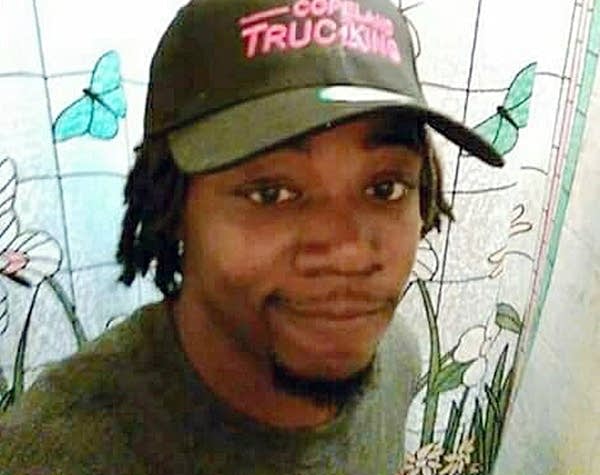No grand jury for officer shootings? Others say not in their counties

Go Deeper.
Create an account or log in to save stories.
Like this?
Thanks for liking this story! We have added it to a list of your favorite stories.
Hennepin County Attorney Mike Freeman's decision, announced Wednesday, to forgo a grand jury for the police killing of Jamar Clark has been called a bold move by some. But others are not convinced it should apply to their counties.
For decades, Hennepin County attorneys typically have used grand juries to determine if police officers who kill in the line of duty should face criminal charges. And grand juries typically have declined to indict police officers.
Freeman said he began questioning the use of grand juries to investigate officer-involved deaths long before the fatal shooting of 24-year-old Jamar Clark by two Minneapolis police officers last fall. In the past, Freeman defended the system as a fair and impartial way to investigate high-profile incidents.
But Freeman said he's come to understand that the secret proceedings have fostered distrust and suspicion among some members of the public.
Turn Up Your Support
MPR News helps you turn down the noise and build shared understanding. Turn up your support for this public resource and keep trusted journalism accessible to all.
"I concluded that the accountability and transparency limitations of a grand jury are too high a hurdle to overcome," he said. "So at this point in time in a democracy, where we continually strive to make our system fair, more just and more accountable, we in Hennepin County will not use the grand jury in the Jamar Clark case."
The African-American man's mortal injury by officers Mark Ringgenberg and Dustin Schwarze drew immediate community outcry and protests. Some witnesses claimed Clark was handcuffed and pinned on the ground at the time of the shooting.

It's not clear what impact the Hennepin County attorney's policy will have on other outstanding officer-involved shooting cases.
An Anoka County grand jury is expected to review the investigation of the death of 45-year-old Michael Kirvelay who was shot and killed by police officers in Columbia Heights last fall.
Members of Kirvelay's family released a statement Wednesday demanding that Anoka County Attorney Tony Palumbo follow Freeman's lead and not "hide behind the secretive grand jury process."
Palumbo said his office is not changing its policy on using grand juries for officer-involved shootings — looking at each case individually. But he said law enforcement officials are always looking at what other departments are doing.
"County attorneys are always looking at their process to make sure they're correct," Palumbo said. "This is an ongoing discussion that predates any recent events. I assure you of that."
Freeman's announcement has also drawn criticism.
Chris Wachtler is an attorney for the St. Paul Police Federation and a former Washington County prosecutor. He says officer-involved death cases are too important to be handled by a county attorney.

"The idea has always been you use the grand jury because the community — through the grand jury — has to be able to have the opportunity to pass judgment on those particular situations. It's that important of an issue," Wachtler said.
But people in some communities of color say they feel like grand juries have been used to impede justice. And they say the secretive nature of the proceedings only reinforce mistrust between themselves and police.
Minneapolis Urban League CEO Steven Belton said he hopes Freeman's decision will foster more openness in the process of investigating police-involved killings.
"Where we have an opportunity to see the same evidence that the prosecutors [see] — and where we are able to make our own independent judgment and assessment, without the secrecy of a grand jury between us and ultimately what happens," Belton said. "I think this is good for the community going forward."
Freeman said Wednesday he expects to decide if the officers will be charged by the end of the month.


